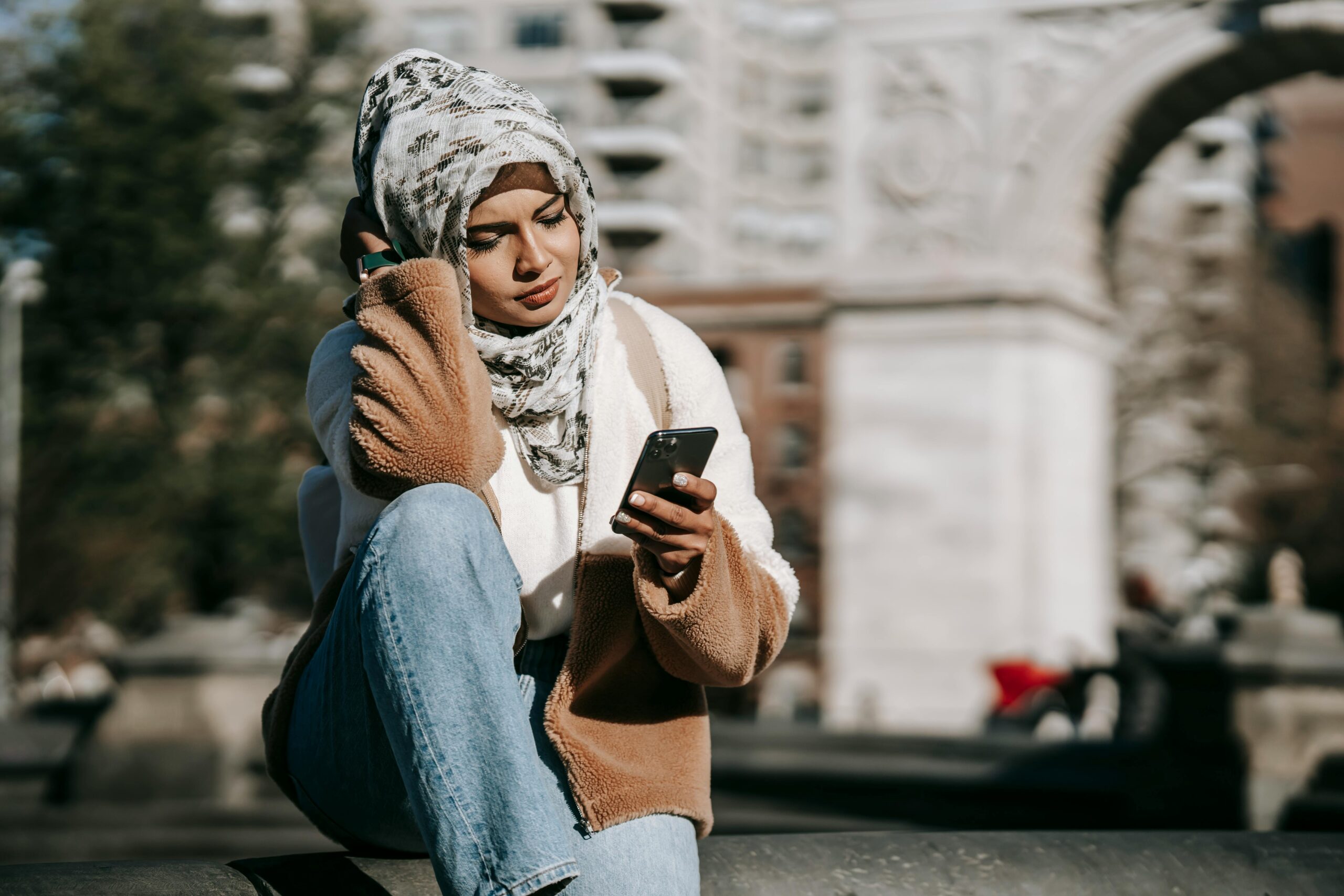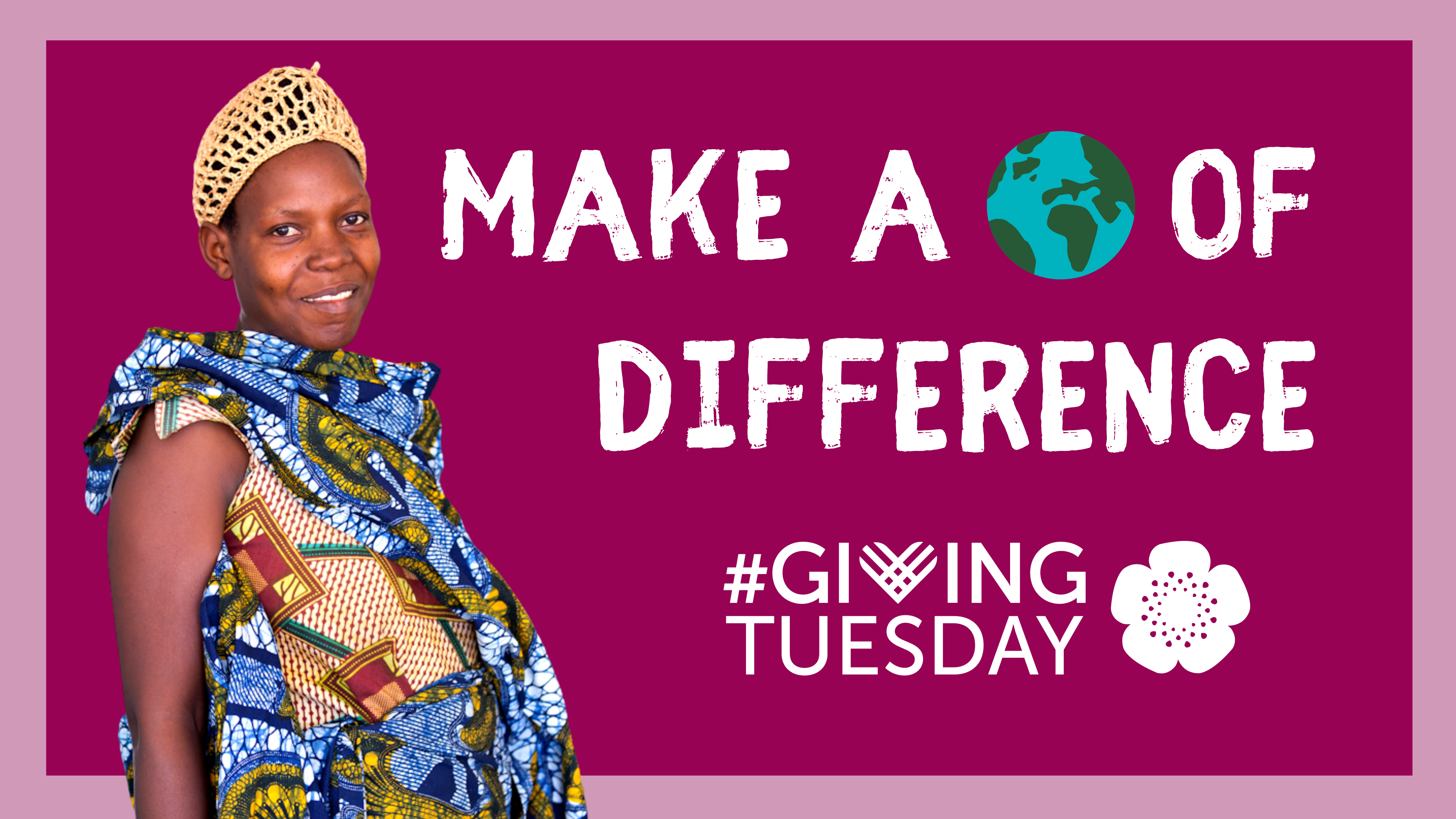
In a nutshell, a group of world leaders just voted “YES” to adopting a new set of global sustainable development goals which will see an increase on the focus on gender equality in a number of different ways.
It happened on September 25, and there is a good chance it wasn’t a heavily shared item in your social media news feed (but if it was – awesome!) yet this is something that is going to affect the world in a profound way, much more than Kim Kardashian’s latest public outing or fashionable outfit.
A committee put together a proposal containing 17 global goals that would see the end to our greatest problem around the world right now: poverty.
“Poverty eradication is the greatest global challenge facing the world today and an indispensable requirement for sustainable development. The Rio+20 outcome reiterated the commitment to freeing humanity from poverty and hunger as a matter of urgency,” stated the proposal.
In an op-ed outlining why gender equality is the most critical of all the goals, UN Women Executive Director Phumzile Mlambo-Ngcuka said the success of women directly impacts the success of a nation and its economy.
“Through it we seek to impact some of the key challenges of the 21st century, such as poverty, inequality and violence against women. Women’s empowerment is a pre-condition for this. We know now that without gender equality and a full role for women in society, in the economy, in governance, we will not be able to achieve the world we hoped for,” she wrote.
The Rio+20 refers to the United Nations Conference on Sustainable Development that took place in Brazil in June, 2015. The leaders present came up with a 20 year plan to eradicate poverty and then took action to have global heads of state decide whether they were going to commit to it.
“People are at the center of sustainable development and, in this regard, Rio+20 promised to strive for a world that is just, equitable and inclusive, and committed to work together to promote sustained and inclusive economic growth, social development and environmental protection and thereby to benefit all, in particular the children of the world, youth and future generations of the world without distinction of any kind such as age, sex, disability, culture, race, ethnicity, origin, migratory status, religion, economic or other status,” it continued.
Well it seemed with luminaries such as the Pope on hand to give a compelling speech about the need to eradicate poverty and care for humanity (full speech above), and young activists such as Malala Yousafzai on hand at the United Nations in New York, how could the leaders present NOT pass this!
The Sustainable Development Goals are the next stage of the Millennial Development Goals which were outlined by the UN back in 2000. These new goals are looking ahead to 2050, and put intense focus on Africa. Why Africa? And why is this a feminist issue? According to a recent post by musician and humanitarian Bono, whose organization ONE was responsible for the Poverty is Sexist campaign highlighting the ways women are most affected by this epidemic, it’s down to demographics. By 2050, Africa will have an estimated 2.5 million people, twice the population of china. And more than one third of the youth in the world will be living in Africa.
According to information he shared in his article, Africa contains 65% of all arable land (suitable for growing crops) in the world, but that is not enough for it to seize its potential, hence the SDG being of paramount importance going forward. There is going to have to be a building of a major infrastructure throughout Africa that hasn’t existed before, unlike in industrialized countries such as the United States, which is going to take time, but conscious and committed efforts in areas of the economy, education and political reform.
Once specific thing Bono does point out is the way poverty is sexist. It hits women and girls the hardest, which means to create a sustainable future for Africa, and therefore the world, it will mean a greater focus on gender equality measures. According to the International Labor Organization, women make up 70% of the world’s poor, and 65% of the world’s illiterate.
Bono says this is now an issue that deserves more than just foreign aid, which can only go so far. He used the example of the Syrian refugee crisis and how the world has been responding in a major way to this humanitarian disaster. Half of the country’s population has now been displaced and are fleeing to (mostly) Europe to ensure a better life for them and their families while they escape Assad’s war that has been raging since 2012. And how can we forget the deplorable amount of men, women and children who are losing their lives during their escape due to resorting to desperate measures such as escaping in little boats that can’t withstand rough seas.
Needless to say, it is expected (in theory) that these 17 SDG’s will profoundly effect global political polities and the impact we have on eradicating poverty in potentially the most powerful way the world has ever seen.

To play his part in making these goals more achievable and tangible, Bono does what he does best (aside from championing the cause of humanitarian issues) – music. He teamed up with a number of Africa’s biggest artists for a song called ‘Strong Girl’ and released it as part of One’s ‘Poverty is Sexist’ campaign not too long ago.
He recognizes the influence he and many other celebrities have over the general population, but his advocacy really speaks to the importance of political action. He says combining the action of everyday people stirred by humanitarian disasters can have a major effect on what politicians are moved to work on.
“Politicians in the end have to be elected, and what is popular drives all of their decisions. It’s that simple. So if the subject is popular among the electorate, then it suddenly dawns on politicians that this is a subject they, too, feel strongly about,” Bono said in a statement in August.
The song ‘Strong Girl’ was originally released in April by a string of female artists only, but Bono came on board to remix it and include some male voices to emphasize that the fight for gender equality and female empowerment is everyone’s battle.
The original, ‘Strong Girl’ features vocalists Waje (Nigeria), Victoria Kimani (Kenya), Vanessa Mdee (Tanzania), Arielle T (Gabon), Gabriela (Mozambique), Yemi Alade (Nigeria), Selmor Mtukudzi (Zimbabwe), Judith Sephuma (South Africa), Blessing Nwafor (South Africa) and the video stars Omotola Jalade Ekeinde (Nigeria).
“We thought that since this was the year of women’s empowerment it was important for us to really get behind the African Union’s efforts in highlighting the importance of empowering women and girls so we came up with the campaign,” said Dr Sipho Moyo, Africa Executive Director at ONE.
Some of the areas ONE focuses on which fall in line with the SDGs, are education, healthcare and reducing income inequality. In poverty stricken areas where parents have to choose between educating a girl and a boy, normally the boy gets priority over a girl. But studies show that for every additional year of schooling a girl gets beyond primary education, her potential to earn increases from 10-20%.
When women are empowered financially, they are more likely to invest that money into their family and community, as opposed to men. When women have access to proper healthcare, they are less likely to marry early and more inclined to get educated and formulate a career for themselves. These three areas of health, education and money are often tied in with each other and when it is amplified across such a populous continent, it is a very confronting issue to know that women and girls are being held back because it is simply not affordable for them to be considered equal in society.
Interestingly, Bono identifies a few other factors that play a hand in keeping poverty as the status quo for many African women, and women elsewhere in the developing world.
“Three extremes — extreme poverty, extreme climate, extreme ideology — pose a stark and constant threat,” he said.
Many terrorist groups wouldn’t have the same power they have in certain areas of the world if poverty wasn’t so rife.
“CIA analysts… have looked at northern Nigeria and said that the best way to stop the militants in the long run is to end extreme poverty in the area and create a better, more inclusive education system, one that Muslims feel they have some stake in,” he continued.
Adding his voice to what is set to be a generation-defining movement in terms of eradicating poverty by focusing on female empowerment, President Obama also spoke at the UN and did not waste time with niceties when addressing the world leaders. He blamed corrupt leaders for discriminating against women and standing in the way of fair growth.
“One of the best indicators of whether a country will succeed is how it treats its women. I do not have patience for the excuse of, ‘Well, we have our own ways of doing things’.”
The Obama administration has outlined how the US plans to do their part in eliminating poverty by released a fact sheet on promoting gender equality and women’s empowerment.
“Communities that give their daughter the same opportunities as their sons they are more peaceful, they are more prosperous, they develop faster, and they are more likely to succeed,” said President Obama in a statement.
It is important that the US, known as the most powerful country in the world, leads the way on positioning the empowerment of women as they key to eliminating poverty and driving economic growth, especially in Africa
The African Union Summit held in Johannesburg earlier this year raised the issue of the importance of empowering women and girls economically, and now we see the United Nations and its global leaders join the fight to eradicate poverty in a powerful way. Added to this is the star power of celebs and musicians who understand the fundamental influence they have over audiences, who can then collectively raise their voices and demand action from their representatives.
It goes to show this issue of poverty is not only something that affects the vast majority of the world, but all of us can play a crucial role in ending it. Here’s to the world rising up in the name of female empowerment and gender equality.
Take a look at the Strong Girl music video below:

















18 thoughts on “Why The Global Sustainable Dev’t Goals Just Adopted By World Leaders Is A Feminist Win”